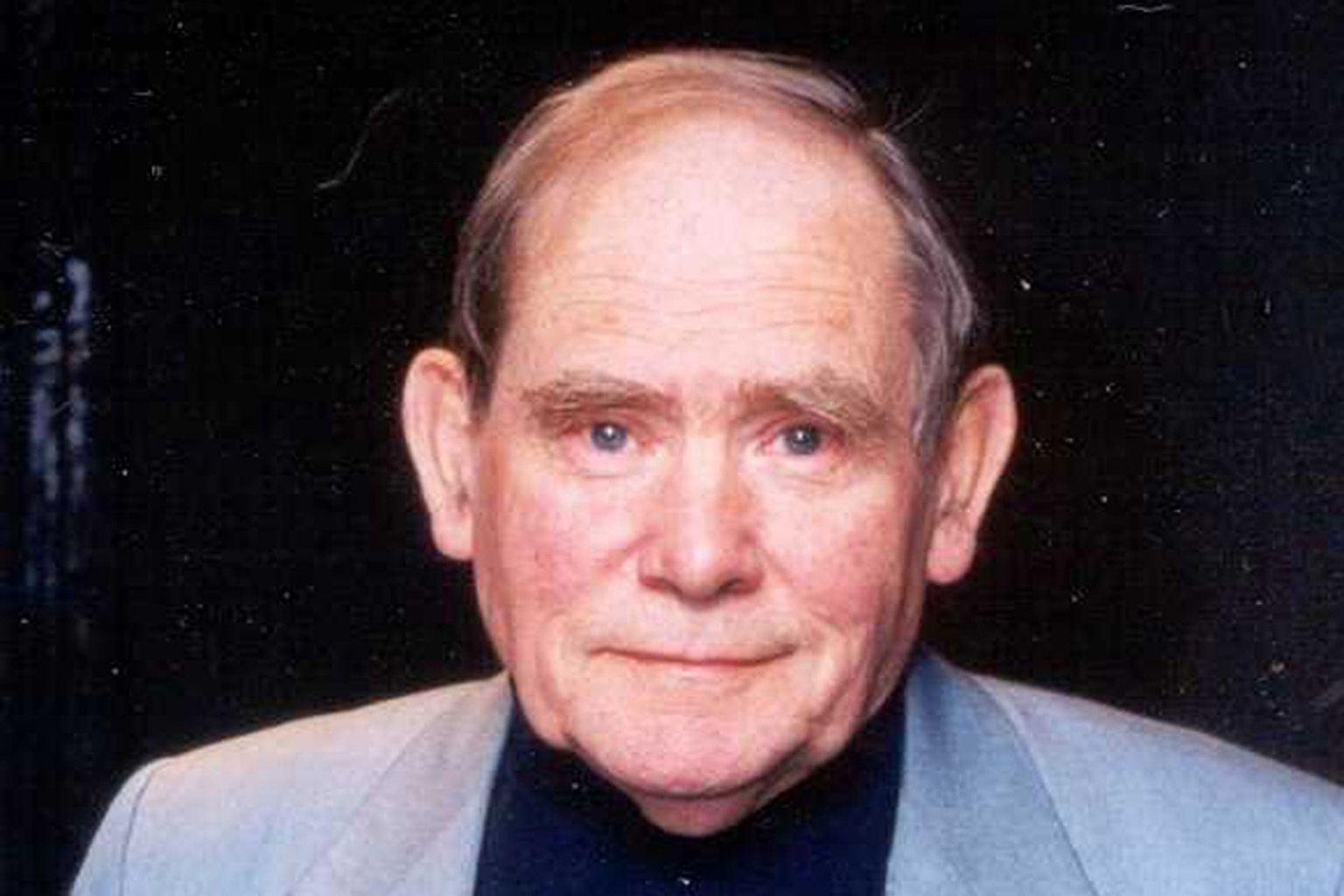Molecular biology giant Sydney Brenner, 92, dies
Sign up now: Get ST's newsletters delivered to your inbox

Dr Sydney Brenner.
Nobel laureate Sydney Brenner, the scientific giant whose efforts were key in putting Singapore on the global biomedical map, died in his sleep yesterday. He was 92.
Known for his sharp wit and healthy disregard for authority, the father of molecular biology lived for science, and was working until the very end.
"It is the end of an era. He was Yoda to a generation of young scientists," said long-time collaborator and former Agency for Science, Technology and Research (A*Star) chief Philip Yeo, drawing a parallel to the legendary Jedi Master of Star Wars fame. "His mind was still perfect, but his body failed."
Dr Brenner shaped modern biology and understanding of the genetic code for more than six decades. He was awarded the Nobel Prize in Physiology or Medicine in 2002 for his work in molecular biology.
Involved with the research push here for more than 30 years, he came up with the idea of setting up the first major research institute for science in Singapore - the Institute of Molecular and Cell Biology (IMCB) - which was launched in 1985. It is now a world-renowned institute.
He also helped to establish the A*Star Graduate Academy to help Singapore build its own cohort of young scientists and engineers, the agency said yesterday.
The first honorary citizen of Singapore in 2003, he remained scientific adviser to the chairman of A*Star and head of its Molecular Engineering Laboratory until the time of his death.
-
Pioneer who played a key role in Singapore's R&D journey
•Dr Sydney Brenner was a renowned pioneer in molecular biology. His many achievements included deciphering how the triplet codon (genetic code) works; the discovery of messenger RNA, which carries codes from the DNA to the sites of protein synthesis; and the use of the worm, C. elegans, as a model system for human disease. This culminated in him being conferred the Nobel Prize in Physiology or Medicine in 2002, together with scientists John Sulston and Robert Horvitz.
•His dedication and commitment to Singapore contributed to policies and initiatives that had left an indelible mark on the nation's research and development journey. Since his first visit in 1983, he had played a key role in building the biomedical sciences in Singapore. For his contributions, Dr Brenner received many accolades, including the Distinguished Friends of Singapore award in 2000, Honorary Citizen in 2003, and the National Science and Technology Medal in 2006.
•He was always a strong advocate for young scientists. Through his support, the A*Star Graduate Academy was established to help Singapore build its own pipeline of young scientists and engineers, and he also started the Molecular Engineering Lab to bring together small teams to work on multi-disciplinary projects. This has helped raise the standing and reputation of Singapore as one of the leading global centres for science, research and education.
•Last November, a book entitled 10-On-10: The Chronicles Of Evolution, published by Wildtype Books, was launched as a tribute to Dr Brenner's extraordinary vision and legacy. The book was written by 24 renowned scientists and is a compilation of a series of lectures on evolution. It was the brainchild of Dr Brenner.
SOURCE: A*STAR
Scientists from all over the world mourned his death yesterday, and accolades flew thick and fast.
Said Sir Richard Sykes, former Rector of Imperial College London and former chairman of pharmaceutical giant GlaxoSmithKline, who chairs Singapore's Health and Biomedical Sciences International Advisory Committee: "Sydney was a pioneer and a leader of the molecular biology revolution and the father of biomedical sciences in Singapore.
"He had immense mental energy which he applied to all aspects of his life. He was funny, charming but most of all, caring. He cared for the young scientists around him, developing a cadre of people to drive the frontiers of knowledge."
Although he was born in South Africa and lived in Britain as an adult, Dr Brenner eventually called Singapore his home and research base, living at the Shangri-La Hotel and travelling to the Fusionopolis research hub to work every day.
But he had grown increasingly frail in the last few years, suffering from lung disease that required a constant supply of air from an oxygen tank, and shuttling in and out of hospital.
But work was always on his mind.
"I do not do anything but work. I am beyond all those other things," he said in an interview at age 90.
"That is what I do - discover new things, things that wouldn't be known if not for me. I am always asking questions."
IMCB professor and research director Byrappa Venkatesh, who knew Dr Brenner for 28 years, said that the man had inspired thousands of students and scientists around the world over the course of his career.
"He was always thinking of new concepts and projects, even until his last days. His enthusiasm was contagious," he said.
Personally, the scientist had a major impact on his career, said Prof Venkatesh, and had encouraged him to think of big, groundbreaking projects.
He added: "In his death, I have lost a great mentor and a close friend, and the world has lost a great scientist."


